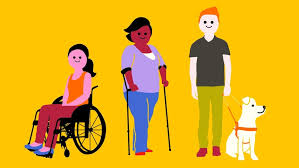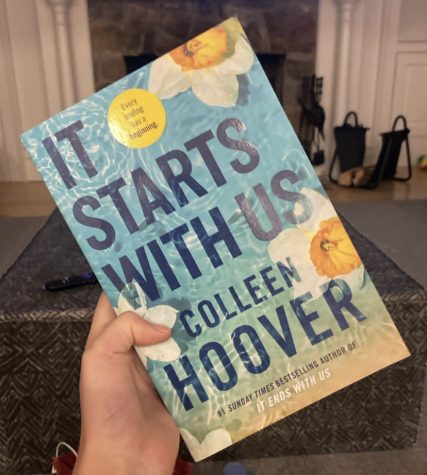Issues Surrounding Ableism
Ableism has a hugely detrimental effect on people with disabilities, and it is time we start addressing this issue.
Ableism promotes the mindset that people with disabilities are deemed as lesser than and not as capable compared to their able-bodied counterparts. Those who are ableist will often define people by their disabilities rather than who they are as a person. They do not use person-first language and will use phrasing such as, “autistic person” rather than “person with Autism”. Although, if possible, it is best to ask someone how they choose to identify in order to allow them to define themselves instead of someone else placing a label on them.
Ableism is a very commonplace occurrence and can range from purposely placing those with disabilities in a separate cohort or school from everyone else to completely denying them certain modifications that relate with their disability. Ableism also institutes the idea that those with disabilities need to be “fixed” or “cured” rather than celebrated for their differences. This is all harmful logic that continues to affect disabled people on a daily basis.
Whether people realize it or not, we all comply with ableist ideologies in one way or another. Ableist microaggressions are verbal terms or phrases used that insinuate a negative outlook of people who are disabled. Some of these phrases could be “You are acting bi-polar today” or “He is such a psycho”. Even words like “crazy” and “lame” have the same effect. The damaging roots of these words tend to not really be a problem in today’s society because of how overused they are. In reality, it encourages people to associate these words and phrases as being negative. However, people with disabilities should not have to coexist in a world where people view their disabilities and differences as being a bad thing.
People today really need to be more aware of how they might be contributing to ableism. Although overlooked, ableism continues to be a significant issue. Disabled people do not want able-bodied people undermining what they go through and viewing their disabilities as something that needs fixing.

My name is Rebecca Keyes and I'm the opinion editor for the Paw Print. I am a current senior and plan on going to Marist College next year. I have been...







